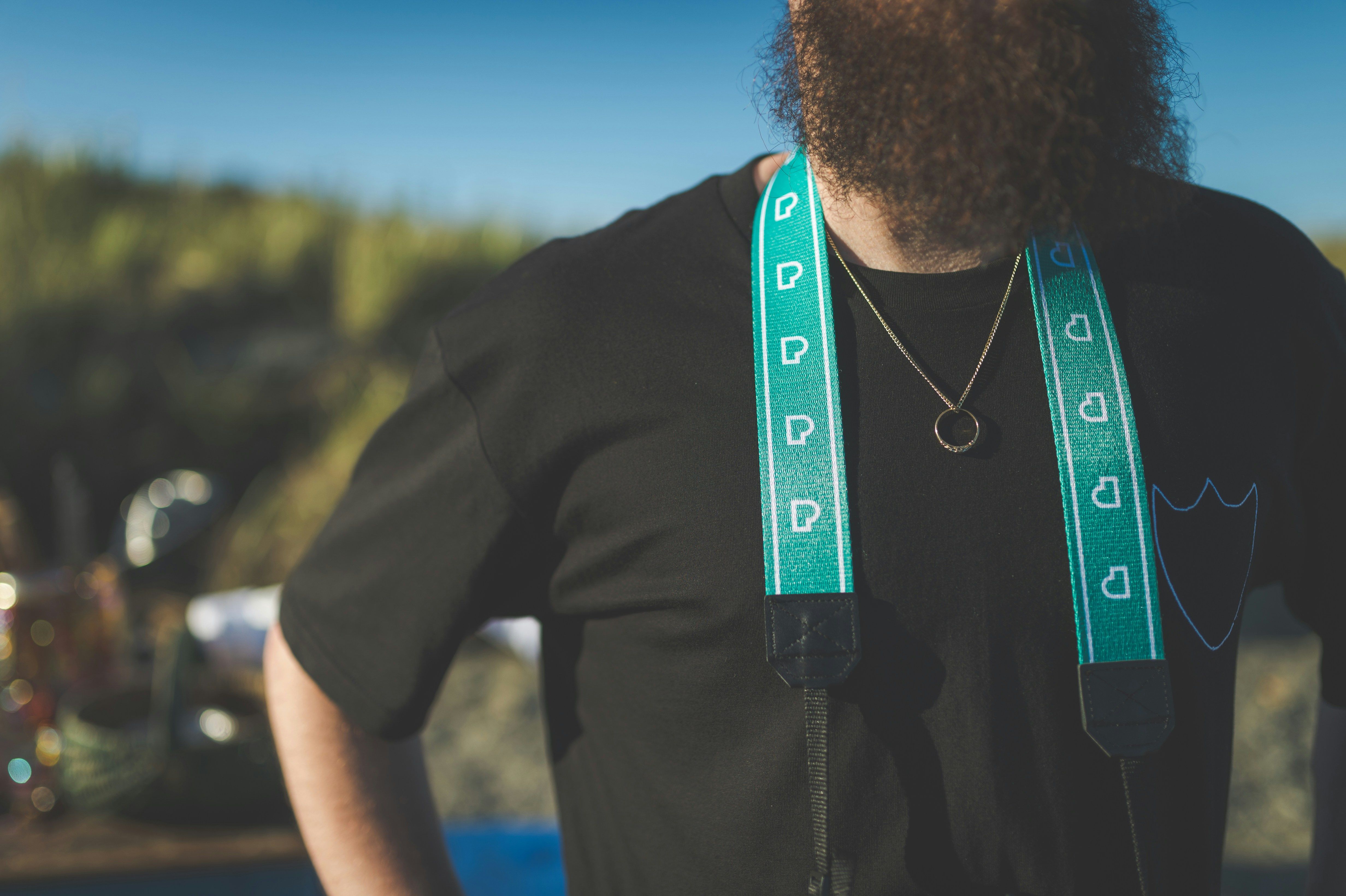Olympus Launches AI-Powered Endoscopy Apps to Boost Detection Rates
Olympus Europa SE & Co. KG has introduced its first trio of AI-powered apps, the OLYSENSE CAD/AI portfolio. This suite aims to enhance endoscopy procedures and patient outcomes across Europe.
The portfolio, launched commercially, comprises three cloud-based applications: CADDIE, CADU, and SMARTIBD. Each is designed to support clinicians in detecting and characterising specific conditions.
CADDIE, for instance, has demonstrated a 7.4% absolute increase in adenoma detection rate compared to standard care. It excels in finding hard-to-spot polyps during colonoscopy. Meanwhile, CADU aids in diagnosing Barrett's Esophagus by pinpointing areas most likely to show dysplasia. SMARTIBD assists in analysing Ulcerative Colitis using the MAYO scoring system.
Olympus aims to create an intelligent endoscopy ecosystem with this portfolio. It harnesses artificial intelligence to detect and characterise suspected tissues and lesions, ultimately improving patient outcomes and streamlining workflows.
The OLYSENSE CAD/AI portfolio, with its initial launch of CADDIE, CADU, and SMARTIBD, is set to transform endoscopy procedures across Europe. These AI-supported apps, all CE approved, promise enhanced detection rates and more accurate diagnoses, potentially leading to better patient outcomes.
Read also:
- Nuclear scientist proposes innovative application for nuclear waste: Transforming it into scarce fusion reactor material
- Alert: Addressing a Financially Detrimental $1 Billion Deficit in Healthcare Services - Involving Warken's Involvement
- Large blaze at Spanish chemical storage facility triggers evacuation, building lockdown
- Cost, effects, applications, administration, and additional details regarding Voranigo medication








